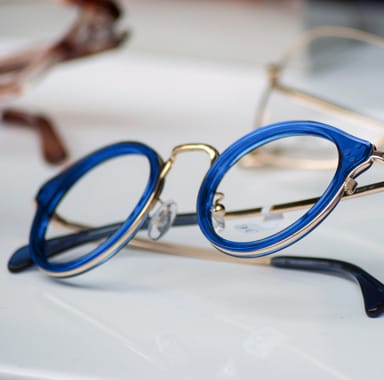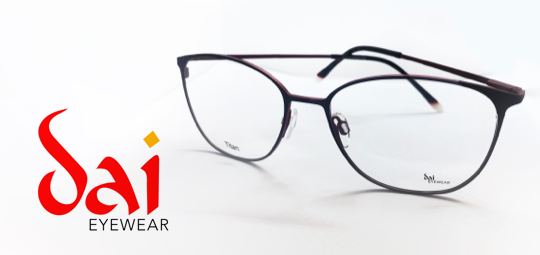Causes, Diagnosis, & Treatment Options
There are a variety of reasons why you might have developed dry eyes. Some of the more common causes include:
- Age: Most people over 65 develop some ocular dryness.
- Gender: Dry eyes mostly affect women, especially during pregnancy or menopause, or when using oral contraceptives.
- Medications: Some medications increase the chance of developing dry eyes, including antihistamines and decongestants, blood pressure medications, and antidepressants.
- Medical conditions: Some conditions, like rheumatoid arthritis, diabetes, and thyroid problems, increase the likelihood of developing dry eye symptoms.
- Environmental: Arid and aggravating climates, as well as environmental conditions, like smoke and wind, can cause dry eye symptoms. Your work environment can lead to dry eyes, for example, looking at a computer screen or working in a smoky setting.
- Eye surgeries: Occasionally, dry eyes are a side effect of refractive eye surgery, like LASIK, since it can result in a decrease in tear production and adherence.
Diagnosis
Dry eyes are diagnosed during a comprehensive eye exam. Additionally, we conduct a series of in-office tests to determine the underlying cause of your dry eyes, including using technology such as Inflammadry and TearLab. These diagnostics give us the best indication of why you’re suffering from dry eyes, so we can provide a personalized and effective treatment plan.
Treatments
Fortunately, there are quite a few treatments for dry eyes, ranging from medication to minor procedures. We offer several effective, in-office treatments, including Pellevé and TearCare. We can discuss your best options with you during your appointment.

















